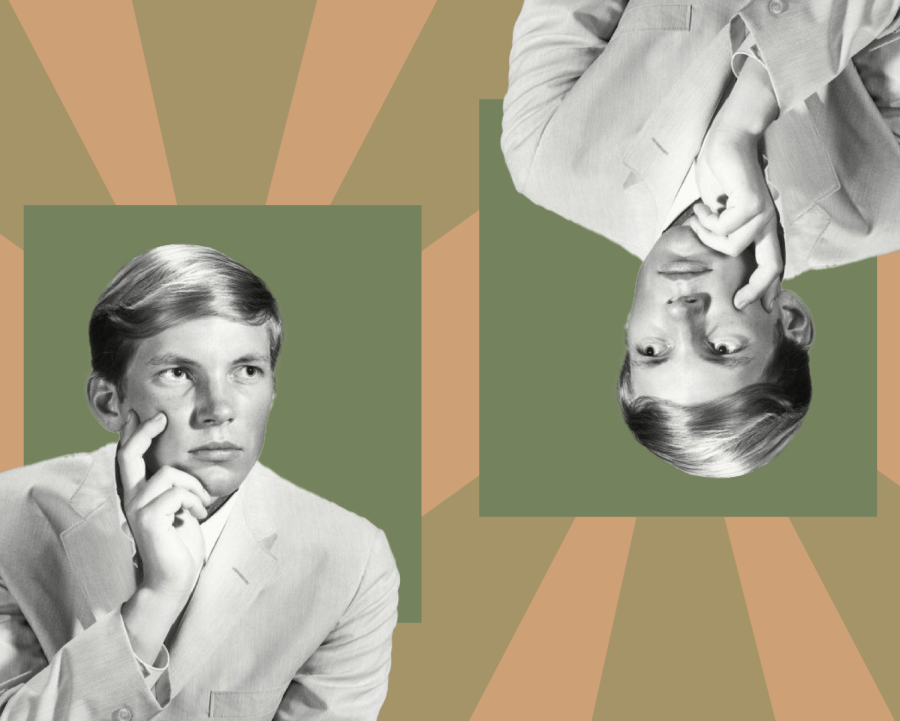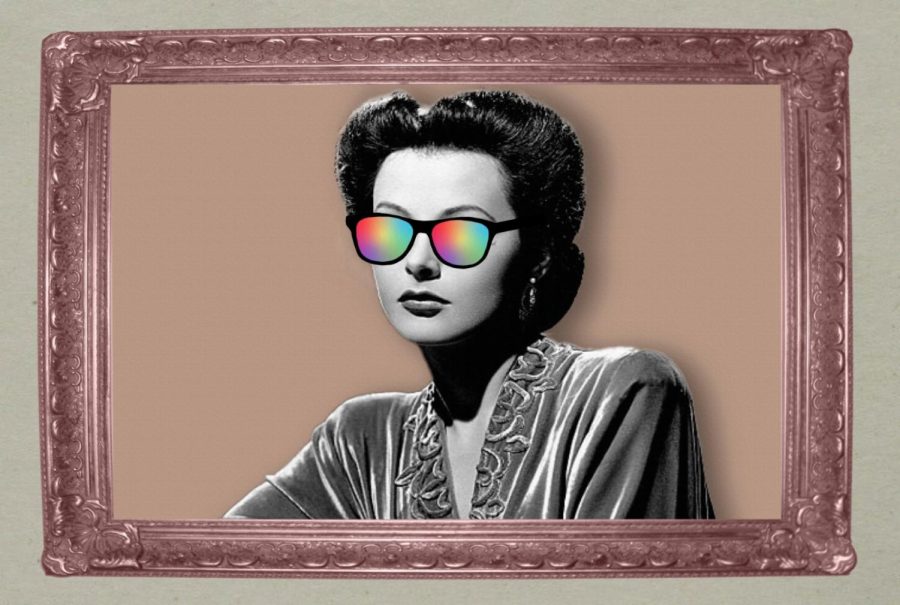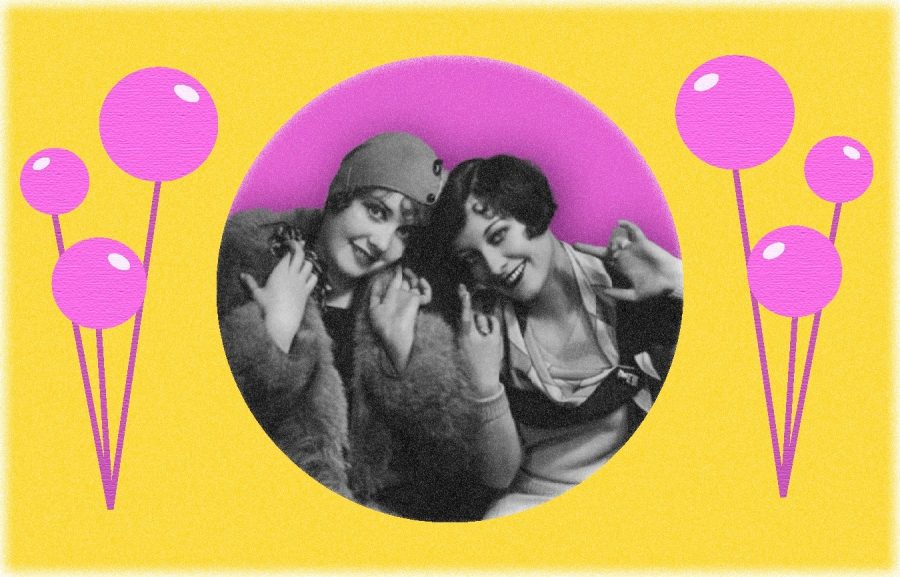Student and the City is a column dedicated to asking the big questions that all college-aged students are asking. It will explore different social concepts within the younger generations regarding relationships, lifestyle, social media and more.
I find that I get so incredibly anxious anytime I share anything on social media. My little sister usually gets a text from me before I post, asking “Is this weird?” or “Do I look like I’m trying too hard?” I have never been able to pinpoint the source of this recurring sick to my stomach feeling.
Is it because I am afraid to show my true self? Is it because I do not want to reveal any flaws in who I am? Is it because I fear how others are going to perceive me?
Digital media is a resource we use to express our identities. Identity is complex and intricate. There are hundreds of ways to define who we are––through our culture, nationality, gender, social status, zodiac signs, etc.
We set up profiles that we believe show who we are. They show how we want others to see us. For our identity to become real and tangible to us, we need others to recognize and confirm it. However, there is often a difference between what we want others to think of us and how others actually interpret us. I have always struggled with trying to control the impression I give off.
The question is: are we always performing on social media?
In 1959, much before the digital age, sociologist Erving Goffman published The Presentation of Self in Everyday Life. In his book, he introduced the theory of “dramaturgical” social interaction––social interaction is like a theatrical performance. People have “front stage” behavior when they perform for certain “audiences” in their life, and “backstage” behavior when they act like their authentic self when no one is watching.
While Goffman sure wasn’t on Facebook and had no idea how important social media would become to human interaction, his theory is interesting when thinking about how we act in front of the different people in our lives. Of course, I act differently in front of my parents than I do my best friends, than I do my classmates, than I do my professors. If you’ve ever had the privilege of seeing who I become around my sisters, then you can confirm I can behave separately between my various relationships.
But what happens when you are put on one stage in front of all your audiences combined? Everyone follows me on social media, including my parents, best friends, college friends, high school “friends,” sisters, exes, grandparents, bosses, crushes, professors and even my future employers. Who do I become when everyone is watching?
Sure, my behavior can shift, but I don’t think I am unauthentic during any of my interactions. I have several sides to me that I show to certain people. When do I cross the line of not being myself anymore? Am I the same person when no one is watching?
After some reflection, I realized my online presence is more of who I want to be than who I am. I want to be someone who has their life together and always has the best outfit on. I want to be the person who has a lot of friends, is always doing something, appreciates art and is going places and doing big things. I curate and post content to reflect that lifestyle I want to live.
Some may argue that my social media is fake in this way. But, what is the difference between who we are and who we want to be?
As we are growing and aging, we are creating the person we want to be––trying on different roles and struggling with identity crisis after identity crisis as we are constantly self-reflecting and taking on overwhelming influences. This person is reflected on our profiles. The pictures and words I post are a true, accurate, unedited documentation of the parts of my life I am proud of and want to share.
The person that is traveling the world and dressed to the nines is the same person who has flaws, cries over stupid boys and falls down the stairs every other day. Who is to what is real about another’s profile and what is not?
That being said, some profiles are not a real representation of who that person is or who they are creating themselves to be. It is too easy not to be consistently transparent online, especially when we are trying to keep up with the unrealistic expectations many “fake” accounts set for us.
Once you realize that you have absolutely no control over how others perceive you, freedom and peace will follow. When you fall off track, realign yourself with your goals. Become that person you are presenting on social media and keep working at inventing yourself.
















